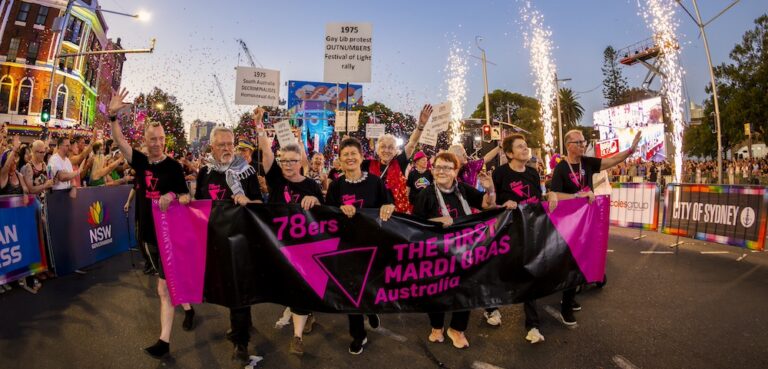
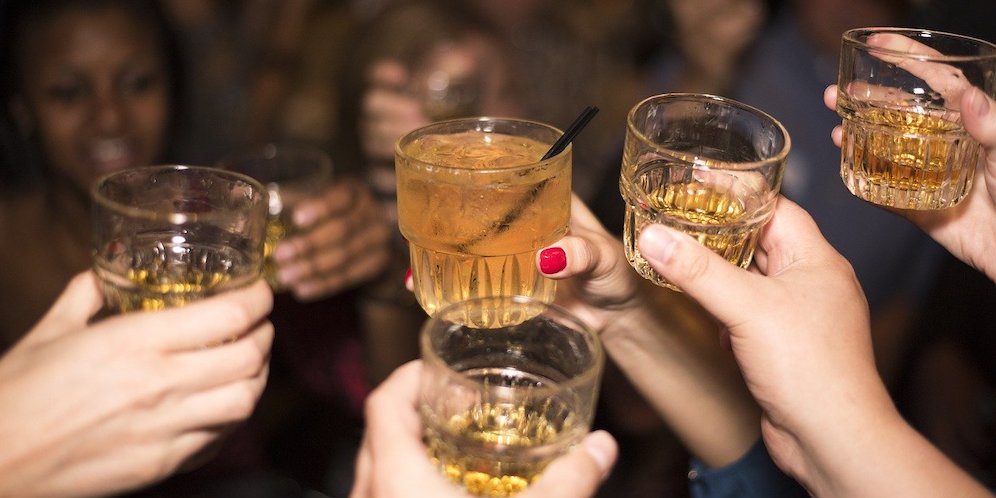
By Max Tillman
The NSW Government plans to repeal Sydney’s lockout laws effective from January 14th in the CBD and Oxford Street, with Kings Cross set to remain under the current legislation.
The controversial laws, enacted in 2014 under the O’Farrell Government, were primarily designed to stem the flow of alcohol-fuelled violence in Sydney’s nightlife districts.
But six years later their effectiveness is a matter of debate, with “mixed results in crime trends” and a “downward trend in the number of core nighttime establishments in the Sydney CBD” according to The City of Sydney’s submission to State Parliament’s Inquiry into Sydney’s night-time economy last June.
Professor Phillip Wadd, Senior Lecturer in Criminology at UNSW believes it was the thousands of public submissions to the committee that helped crystallise what was at stake.
“Submissions to the inquiry were pretty compelling in terms of looking at other ways in which we could stimulate the economy,” Dr. Wadds said.
“Not just purely relying on the sale of alcohol and kind of drinking venues, but actually trying to encourage a broader suite of activities in the city late at night.”
The creative arts were one of the many industries that suffered due to the lockouts, with the City of Sydney citing a 6.7% decrease in the number of creative industries business in the CBD since 2012.
Under the new changes, ‘last drinks’ will be extended by thirty minutes to 3:30 AM in the CBD and Oxford Street. Restrictions on serving cocktails, shots, and drinks in glass after midnight will be relaxed, and the 1:30 am last entry rule for venues in the CBD and Oxford Street will be abolished.
In their submissions to State Parliament, the City of Sydney cites “80 percent less foot traffic” in Kings Cross since the introduction of the lockouts..
Even as the laws are repealed, the transformative effect they have had on Kings Cross will be their most enduring legacy according to Dr. Wadds.
“Anybody who’s gone out in Kings Cross over the last couple of years has seen how dramatically it has changed.”
“And the fact is that’s never going to return.”
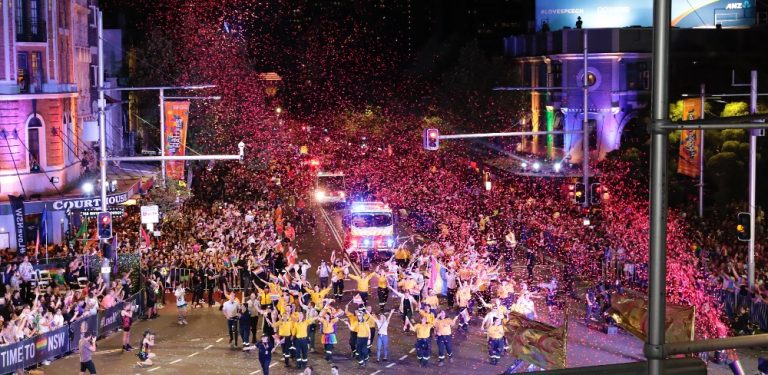
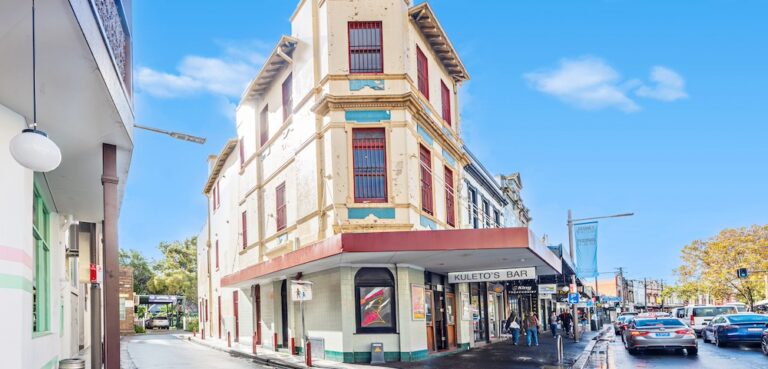

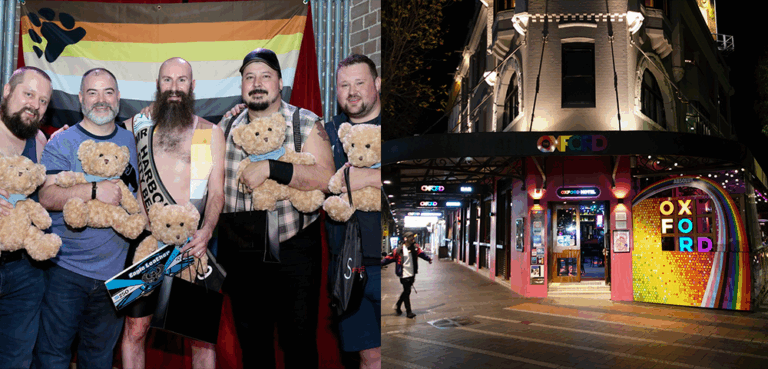
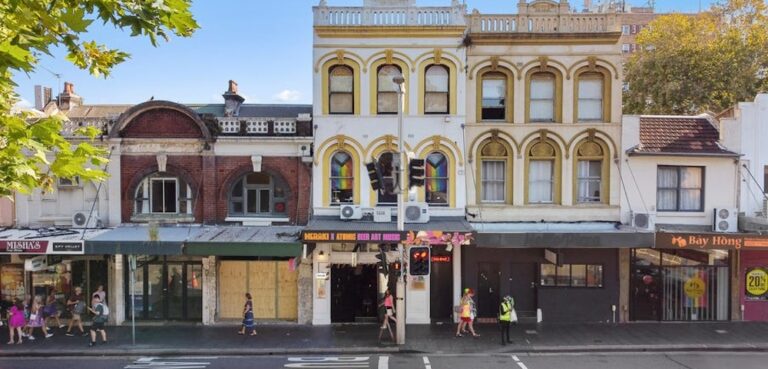

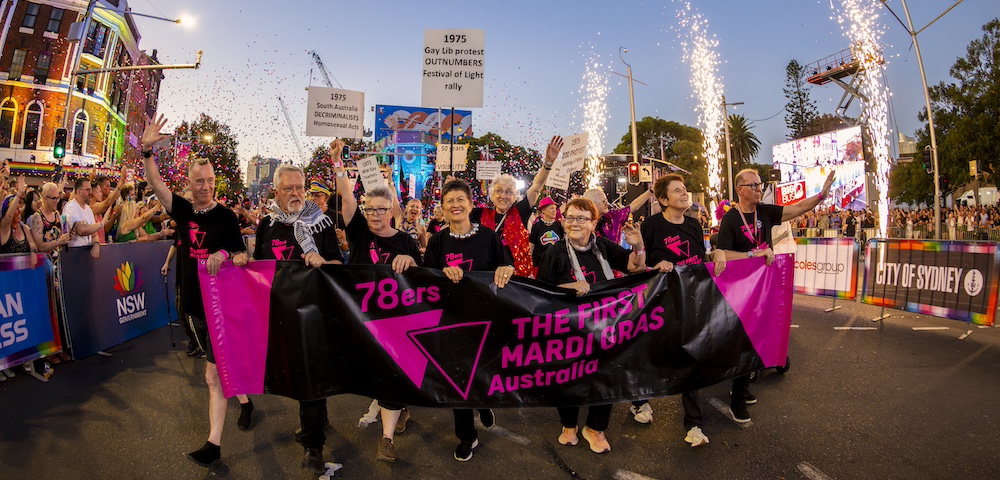

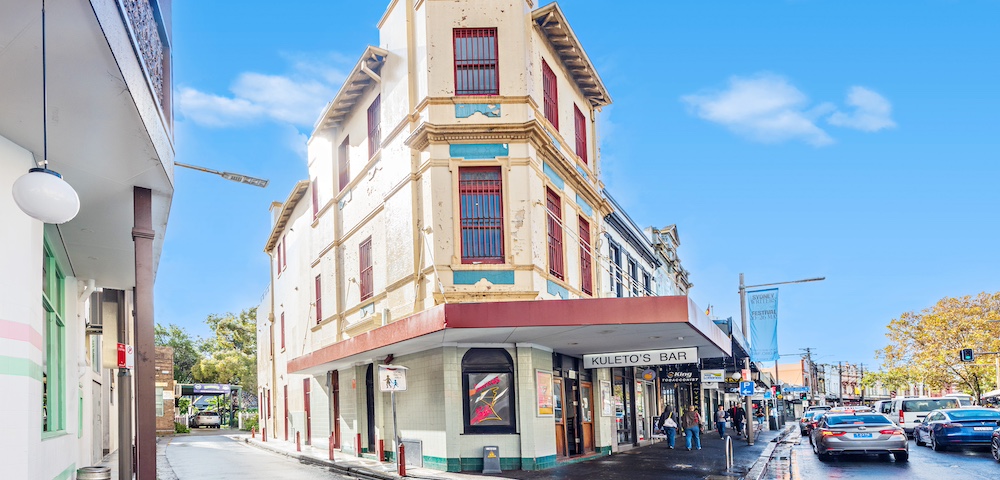

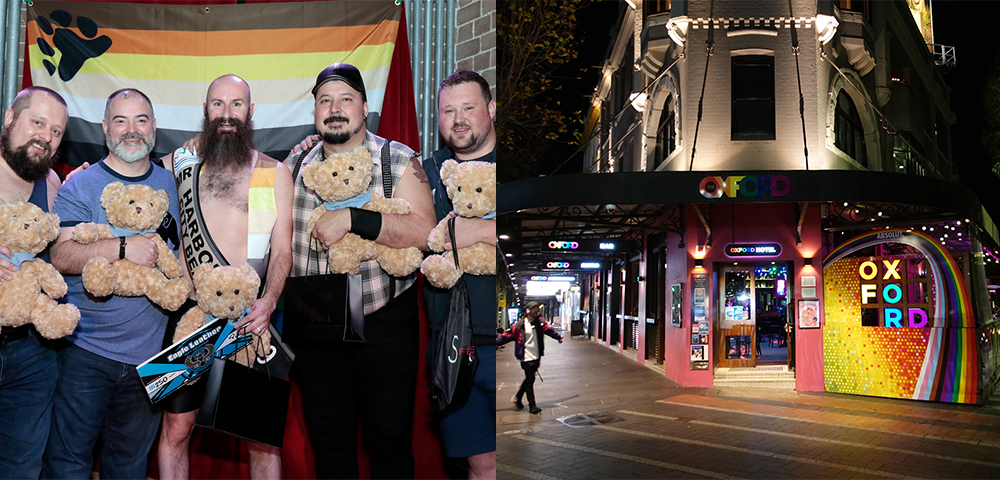
No, they’ve killed Sydney and Melbourne night life is thriving as a result. 7 years is effectively a whole generation who now have the stamina of a weakly 70 year old. Come 10pm they’re yawning, 11pm they’re talking about going home and by 1am they’re in their beds… I saw many a sunrise from the 1st floor of the Courthouse hotel which was always packed with everyone from everywhere and we were all talking about everything that had happened that night/morning… and we never had any problems with drunken behaviours or fights. After dancing on the tables for awhile, we’d head out to the Cross or Oxford street for breakfast at cafes that were still open or just opening up. That was most Friday and Saturday nights and most people just wanted to go out and have fun. The government did a total over reaction and killed the fun for everyone and Sydney is rubbish to go out in now and internationally its got a reputation as a boring world capital. Europeans come over and think it’s a total joke. if you want to have a great night out, go to Melbourne.
C’mon! let’s be honest. The goal was always to shut down the rogue activity in Kings Cross particularly that related to organised crime. They started the “revitalisation” of the Cross with Badda Bing & Sapphire Lounge and others which turned into a mess! Drunk patrons emptying on the street at 5am with no public transport and only the bravest of taxi drivers. Gove broke the back of that and will keep the laws on in that area.
Darlinghurst, specifically Oxford Street… What has closed down in this time? Even the Columbian is still open!!! The Shift, Kinselas & The Oxford were snapped up 18 months ago and refurbed by Universal Greoup as a clear sign of confidence in the area.
Can’t speak for the south end of the CBD which was the other violence hotspot prior to lockout. It was the scene of multiple glassings which resulted in new laws prior to lockout.
I always thought the approach was heavy handed but not without merit.